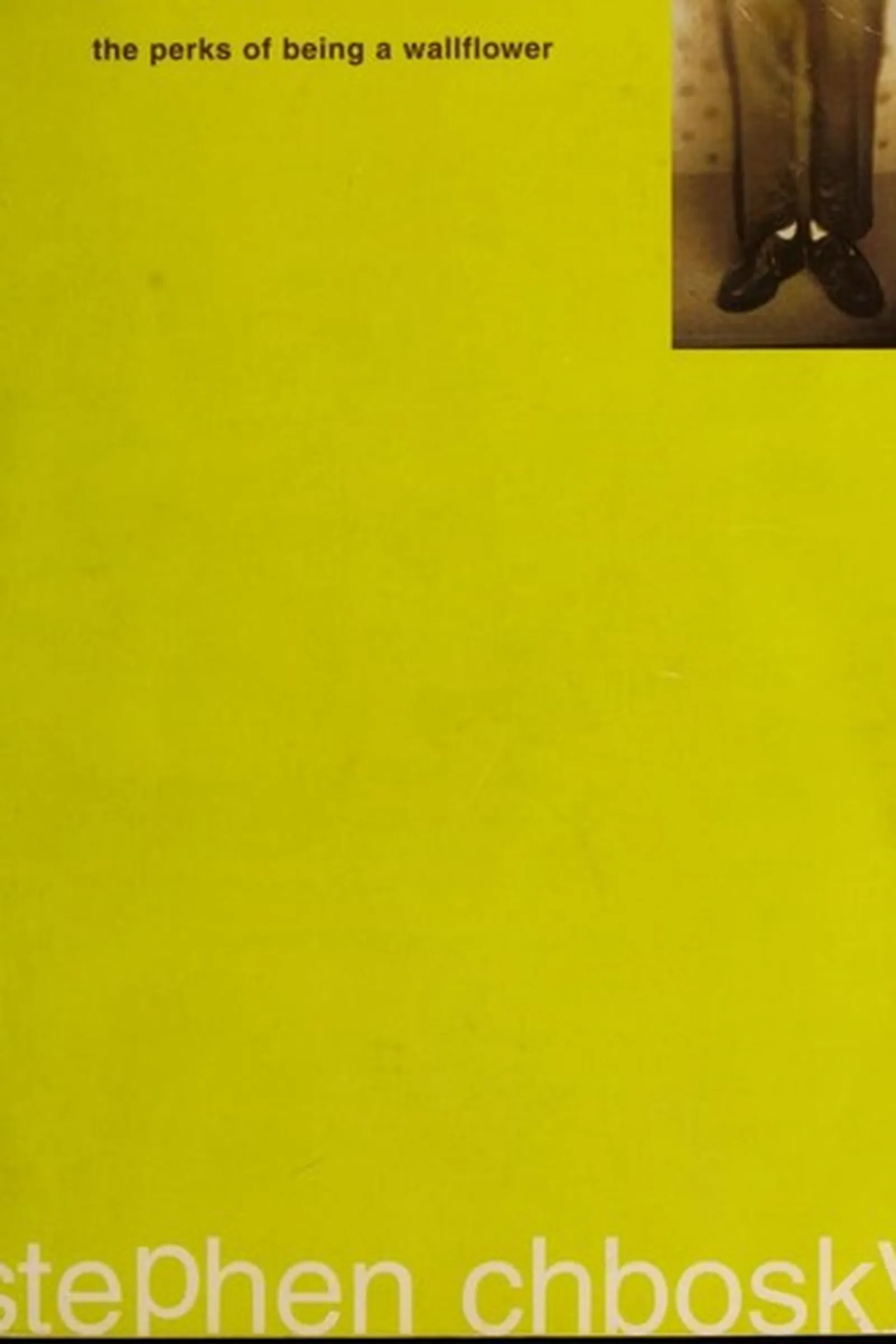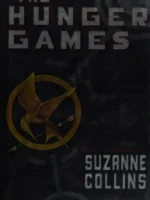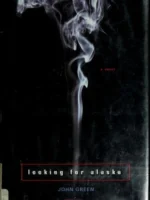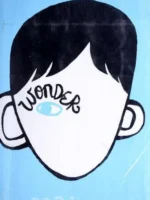The Perks of Being a Wallflower, Stephen Chbosky, 1999
- Author: Stephen Chbosky
- Genre: Youth
- Publisher: MTV Books
- Publication Year: 1999
- Pages: 213
- Format: Paperback
- Language: English
- ISBN: 978-1451696195
- Rating: 4,2 ★★★★☆
The Perks of Being a Wallflower Review
About
Published in 1999, Stephen Chbosky’s The Perks of Being a Wallflower captures adolescence in all its raw confusion—anxious, beautiful, and fleeting. Told through letters written by a shy teenager named Charlie, the novel feels both intimate and universal. It’s a coming-of-age story that doesn’t idealize youth; instead, it reveals how fragile and transformative it can be. Chbosky writes with such honesty that the book often reads like someone finally saying what you always felt but never could.
Overview
Charlie, a socially awkward freshman, begins writing letters to an unnamed friend as he navigates high school. Through these letters, he opens up about friendship, trauma, and the slow process of learning who he is. He’s taken under the wing of two seniors, Sam and Patrick, who introduce him to music, love, and a sense of belonging. Yet beneath the joy of discovery runs a current of sadness—memories Charlie can’t quite face until he’s ready to understand them. The book’s simplicity is its strength: it speaks softly and hits hard.
Summary
(light spoilers) As Charlie starts high school, he’s haunted by the suicide of his friend and flashes of a childhood he doesn’t fully remember. Sam and Patrick become his lifeline—his first real friends, his introduction to late-night drives and mixtapes. Through theater rehearsals, parties, and letters, Charlie grows more self-aware, even as he unravels emotionally. When his buried trauma resurfaces, he breaks down but begins to heal, supported by the people who truly see him. The novel closes with a moment of quiet hope—a recognition that pain doesn’t vanish, but neither does love. “We are infinite,” he writes, and somehow, you believe him.
Key Themes / Main Ideas
• Adolescence — the chaos of becoming yourself.
• Trauma and healing — the past as both wound and teacher.
• Friendship — chosen families that save us.
• Self-expression — writing as survival.
• Mental health — honesty as the first step to recovery.
Strengths and Weaknesses
• Strengths — Authentic teenage voice, emotional vulnerability, and unforgettable honesty.
• Strengths — A rare story that makes kindness feel radical.
• Weaknesses — Some plot turns feel conveniently timed, but the sincerity overrides artifice.
• Weaknesses — The epistolary form can limit perspective, though it deepens intimacy.
Reviewed with focus on themes, audience, and takeaways — Stephen Chbosky
| pa_author | Stephen Chbosky |
|---|---|
| ISBN | 978-7-416-35109-7 |
| pa_year | 1997 |
| Pages | 293 |
| Language | English |







